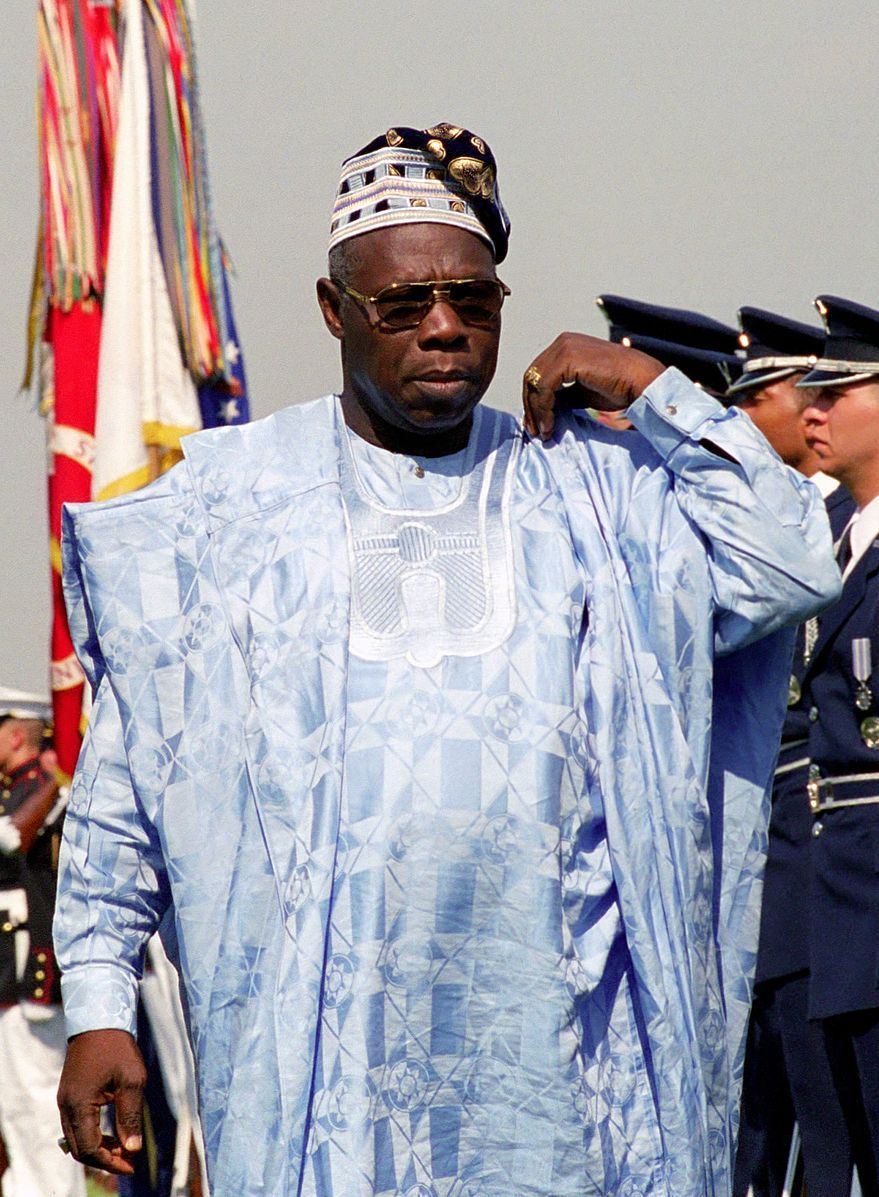Johnson Aguiyi-Ironsi: Leadership Amidst Political Turmoil in Nigeria

Johnson Aguiyi-Ironsi's tenure as Nigeria's second head of state was marked by political instability and regional tensions. As a military officer who assumed power through a coup, Ironsi faced numerous challenges during his brief presidency. This article explores Ironsi's life, his rise to power, and the complex circumstances that defined his leadership. Despite the brevity of his rule, Ironsi's impact on Nigeria's political landscape and the events surrounding his presidency remain significant chapters in the nation's history.
Early Life and Military Career: Born on March 3, 1924, in Umuahia, present-day Abia State, Nigeria, Johnson Aguiyi-Ironsi was a member of the Igbo ethnic group. He joined the Nigerian Army in 1942, serving in various capacities and earning accolades for his military prowess. Ironsi participated in peacekeeping missions abroad and gained valuable experience that would shape his leadership in the future.
Rise to Power: Ironsi's ascent to power began on January 15, 1966, when he led a group of military officers in a coup that ousted the government of President Nnamdi Azikiwe. The coup, known as the "January 15 Revolution," was primarily fueled by discontent over perceived corruption and regional imbalances within the government. Ironsi assumed the position of head of state, becoming Nigeria's second military leader.
Challenges and Regional Tensions: Ironsi's presidency faced immediate challenges as Nigeria grappled with the aftermath of the coup. Regional tensions between the north and the east of the country, exacerbated by ethnic and religious divisions, came to the fore. Ironsi's decision to abolish the regional structure and replace it with a centralized government, known as the Unification Decree, was met with strong opposition from the northern region. This move was seen by many as a threat to the political power balance and autonomy of the regions.
The July 1966 Counter-Coup further intensified the political crisis, leading to violence, targeted killings, and reprisal attacks. Ironsi's attempts to restore order and maintain unity were challenged by the growing discontent and deepening divisions within the military and society.
End of Presidency and Legacy: Ironsi's presidency came to an abrupt end on July 29, 1966, when he was overthrown and subsequently killed in a counter-coup led by predominantly northern military officers. The coup, fueled by resentment towards Ironsi's leadership and the perceived marginalization of northern interests, further escalated the cycle of violence and instability in Nigeria.
While his presidency was brief, Ironsi's impact on Nigeria's political landscape remains significant. His centralization policies and attempts to address regional imbalances, albeit controversial, highlighted the challenges inherent in forging a united Nigeria. Ironsi's tragic demise also underscored the deeply rooted divisions within the military and Nigerian society, setting the stage for subsequent political upheavals and military interventions.
Johnson Aguiyi-Ironsi's presidency marked a tumultuous period in Nigeria's history. As the second military head of state, Ironsi faced a multitude of challenges, including regional tensions, ethnic divisions, and the complex dynamics of post-independence Nigeria. Although his rule was short-lived, Ironsi's impact on Nigeria's political trajectory cannot be overlooked. His presidency serves as a poignant reminder of the delicate balance required in fostering unity and addressing the diverse interests within Nigeria's complex socio-political landscape.


